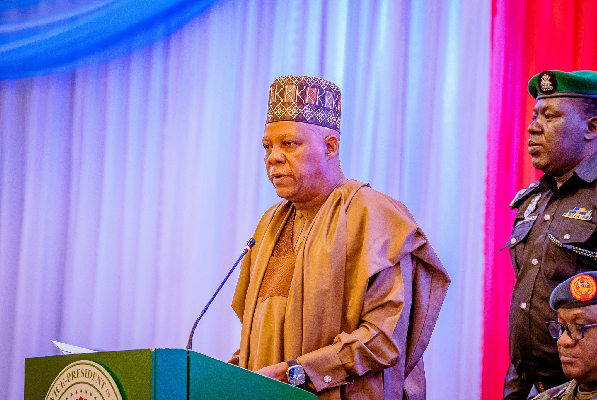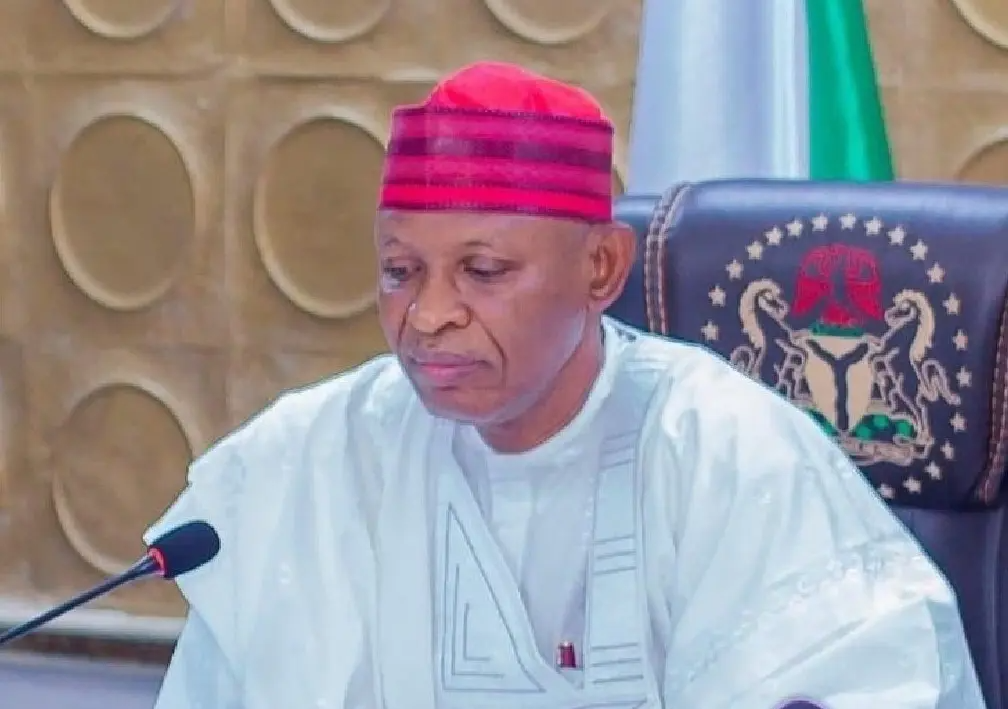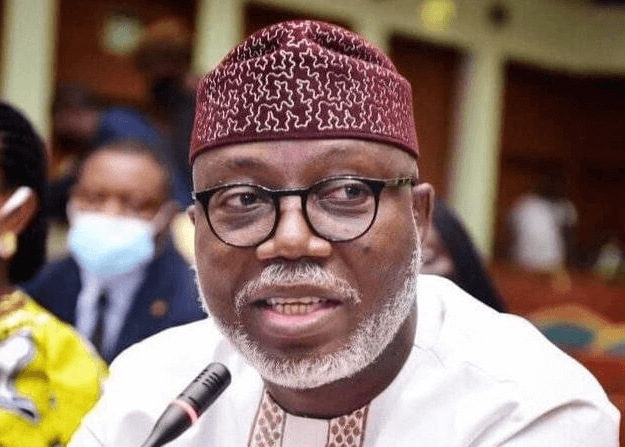The International Monetary Fund has revised Nigeria’s economic growth downward by 0.2 percentage point, mainly due to weaker-than-expected growth.
The IMF now expects Nigeria’s economy in 2024 to grow by 3.1 per cent. From the 3.3 per cent it earlier projected in April.
In its recent update to the global economic outlook titled “Global Economy in a Sticky Spot” published on Tuesday, the organisation said the downgrade followed the country’s weak activities from January to March 2024.
It also lowered the economic growth projections for Sub-Saharan Africa (SSA) due to a decrease in Nigeria’s economic activities, from 3.8 per cent to 3.7 per cent.
“The forecast for growth in sub-Saharan Africa is revised downward, mainly as a result of a 0.2 percentage point downward revision to the growth outlook in Nigeria amid weaker-than-expected activity in the first quarter of this year,” the IMF said.
It, however, retained its 3.0 per cent forecast for Nigeria’s economic growth in 2025.
Globally, the IMF projected a steady growth at 3.2 per cent in 2024 and 3.3 per cent in 2025, consistent with its earlier forecast in April this year.
Nigerians need credible journalism. Help us report it.
PREMIUM TIMES delivers fact-based journalism for Nigerians, by Nigerians — and our community of supporters, the readers who donate, make our work possible. Help us bring you and millions of others in-depth, meticulously researched news and information.
It’s essential to acknowledge that news production incurs expenses, and we take pride in never placing our stories behind a prohibitive paywall.
Will you support our newsroom with a modest donation to help maintain our commitment to free, accessible news?
“However, varied momentum in activity at the turn of the year has somewhat narrowed the output divergence across economies as cyclical factors wane and activity becomes better aligned with its potential.
READ ALSO: IMF speaks on regulation of global crypto platforms in Nigeria
“Services price inflation is holding up progress on disinflation, which is complicating monetary policy normalisation. Upside risks to inflation have thus increased, raising the prospect of higher-for-even-longer interest rates, in the context of escalating trade tensions and increased policy uncertainty. The policy mix should thus be sequenced carefully to achieve price stability and replenish diminished buffers,” it said.
The National Bureau of Statistics (NBS) in its recent report showed that Nigeria’s Gross Domestic Product (GDP) dropped to 2.9 per cent, from 3.46 per cent recorded in the fourth quarter of 2023.
Support PREMIUM TIMES' journalism of integrity and credibility
At Premium Times, we firmly believe in the importance of high-quality journalism. Recognizing that not everyone can afford costly news subscriptions, we are dedicated to delivering meticulously researched, fact-checked news that remains freely accessible to all.
Whether you turn to Premium Times for daily updates, in-depth investigations into pressing national issues, or entertaining trending stories, we value your readership.
It’s essential to acknowledge that news production incurs expenses, and we take pride in never placing our stories behind a prohibitive paywall.
Would you consider supporting us with a modest contribution on a monthly basis to help maintain our commitment to free, accessible news?
TEXT AD: Call Willie - +2348098788999


















 English (US) ·
English (US) ·